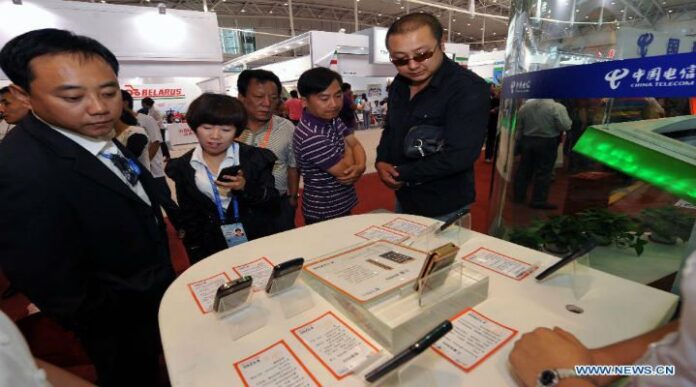WASHINGTON – China has been working since 2014 to develop a domestic mobile operating system, largely at the behest of the Chinese government. The state sees the widespread use of modified versions Google’s Android OS system as a major vulnerability due to the ease in which these modified or “forked” operating systems can be hacked.
Google has had numerous public spats with China over its restrictive Internet laws since the company pulled completely out of the country in 2010. Chinese telecom firms are currently facing the challenge of making their systems interoperable across multiple platforms.
Intel, the American-based chip and computing giant, has reaffirmed its commitment to helping Chinese firms develop a domestic OS.
Doug Fisher, Intel’s software and services group VP and GM said, “We have, and continue to collaborate on, indigenous platforms. We have thousands of software engineers and leadership here in China. We will work with China’s government industries to ensure that we participate in the creation of an indigenous operating environment here in China.”
China is currently home to the largest wireless market and largest wireless telecom firms in the world. The nation has 1 billion cellphone subscribers and is home to Huawei and ZTE, two of the largest equipment manufactures in the world.
China’s domestic smartphone market, also the largest globally, is split between its main domestic producer Xiaomi, which uses the modified Android OS, and Apple, which recently captured 27% of the market share.
The China Operating System is primarily being developed by the Institute of Software at the Chinese Academy of Sciences, in conjunction with Shanghai Liantong Network Communications Technology. The initial system was released in January 2014 but work continues to make it competitive with Android and Apple systems.

